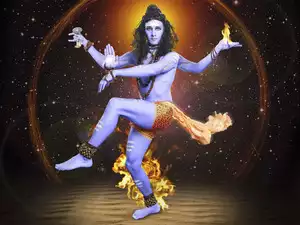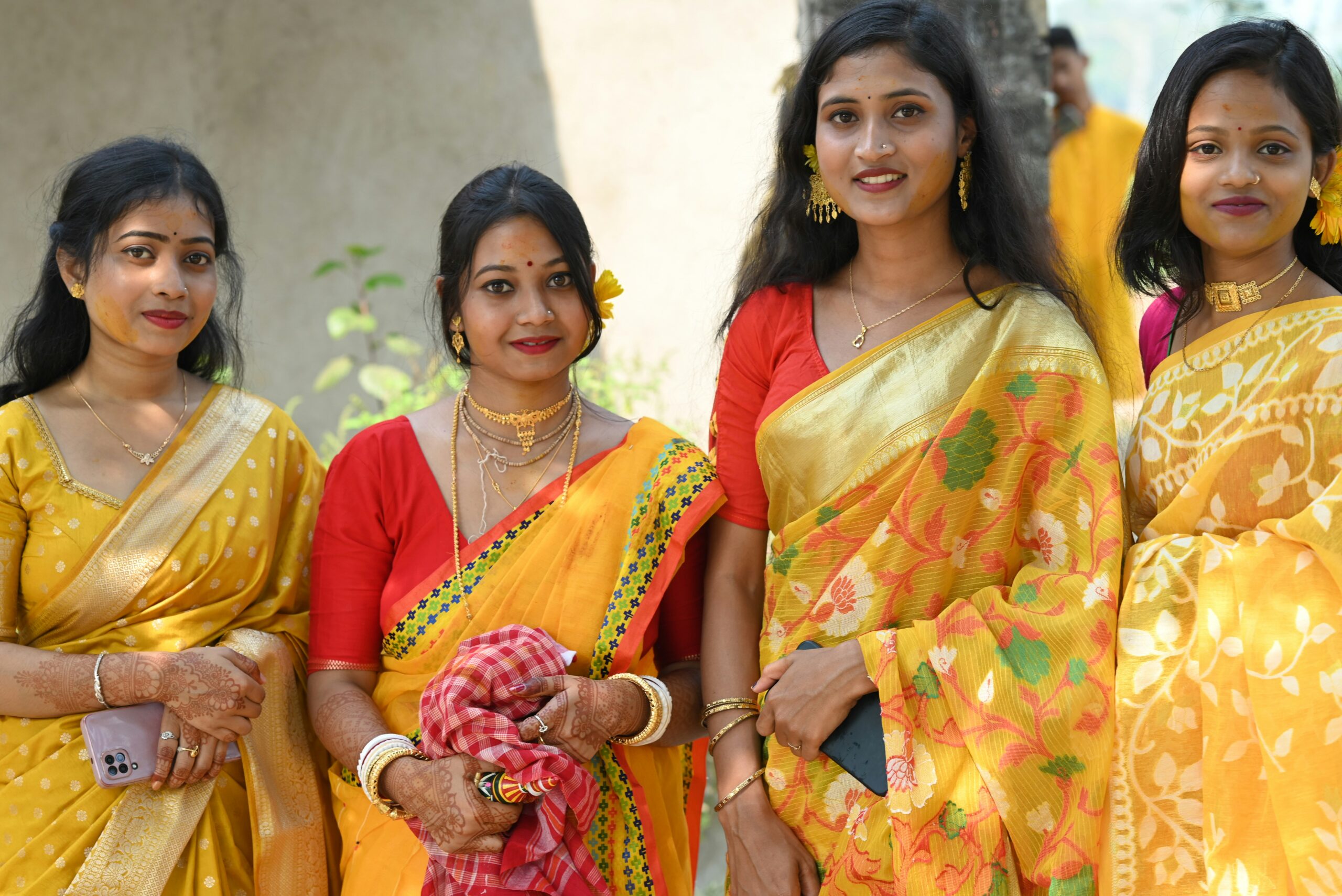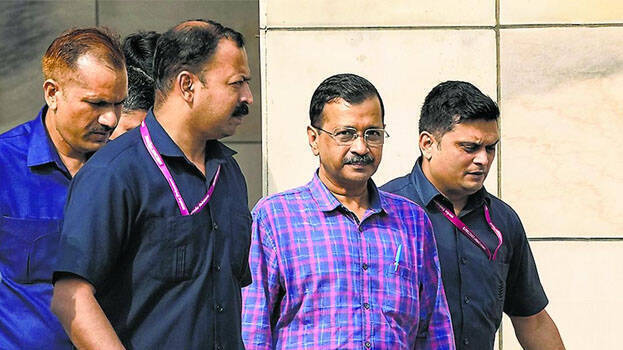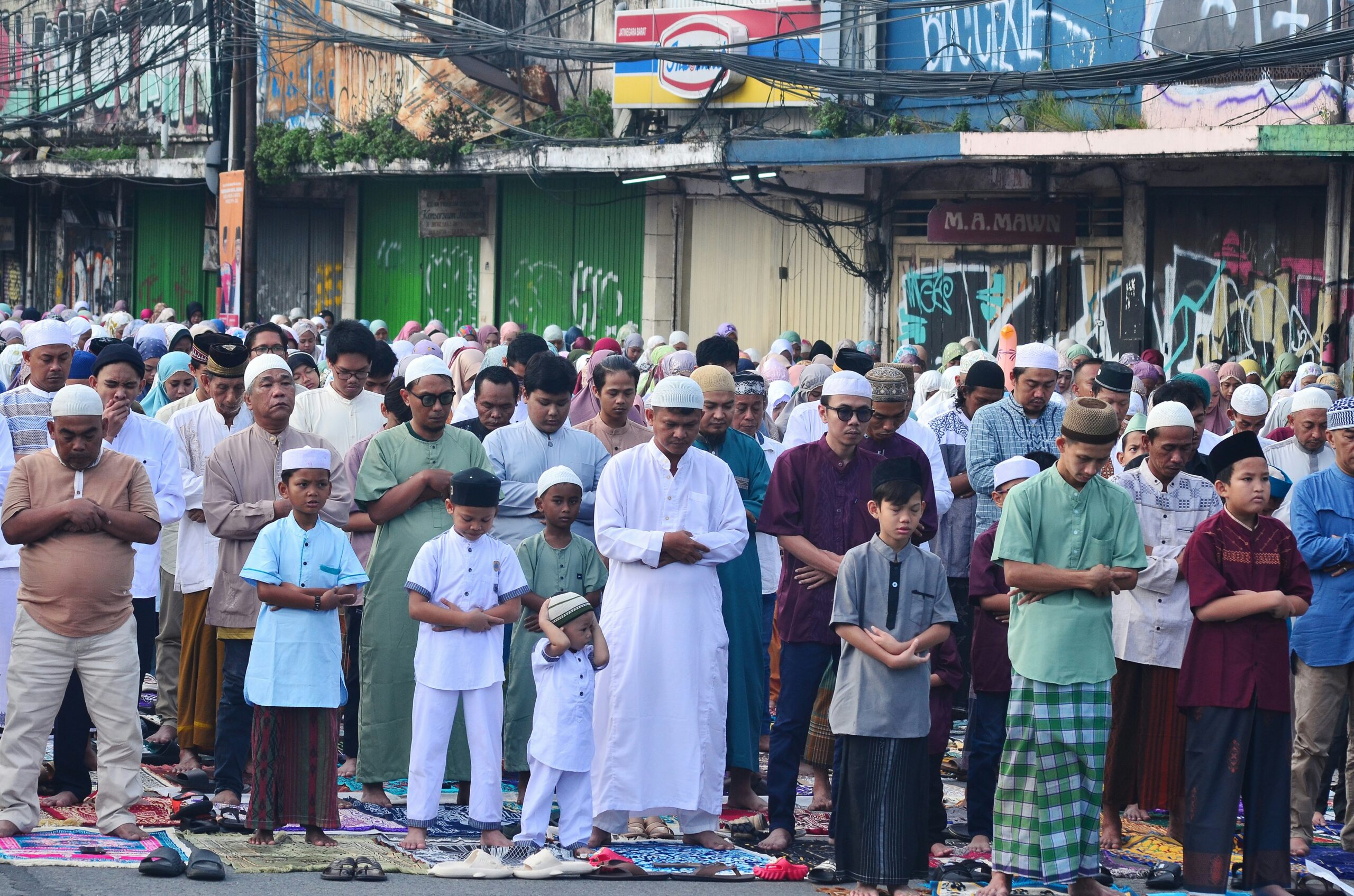Nagpur Violence Aurangzeb Chhaava : 5 Key Facts About Aurangzeb, ‘Chhaava’ Movie, and Political Reactions

Nagpur Violence Aurangzeb Chhaava
**Nagpur Violence: Maharashtra CM Devendra Fadnavis Links Unrest to Vicky Kaushal’s Film ‘Chhaava’**
**Nagpur, March 18, 2025:** Maharashtra Chief Minister Devendra Fadnavis has linked the recent violence in Nagpur to the Bollywood film ‘Chhaava,’ starring Vicky Kaushal. The movie, which depicts the life of Chhatrapati Sambhaji Maharaj, son of Chhatrapati Shivaji Maharaj, has reportedly reignited public sentiments against Mughal emperor Aurangzeb. The CM stated that the film had played a role in triggering anger, which ultimately led to the clashes in Nagpur.
### **Background of the Incident**
On March 17, violence erupted in Nagpur following a protest led by Hindu right-wing groups, including the Vishva Hindu Parishad (VHP) and Bajrang Dal. The demonstrators demanded the demolition of Aurangzeb’s tomb, located in Chhatrapati Sambhaji Nagar (formerly Aurangabad), around 500 kilometers from Nagpur. According to protestors, Aurangzeb’s reign was marked by persecution of Hindus, and his tomb should not be preserved as a historical monument.
The protest, initially peaceful, soon took a violent turn. Reports suggest that rumors regarding the desecration of religious texts sparked outrage among members of the Muslim community, leading to clashes between different groups. The situation escalated with incidents of stone-pelting, arson, and vandalism, resulting in injuries to civilians and police personnel alike.
### **CM Fadnavis’ Statement**
Maharashtra CM Devendra Fadnavis, while addressing the media, attributed the surge in anger to the portrayal of Aurangzeb in the film ‘Chhaava.’ He stated, “The movie has reignited people’s emotions against Aurangzeb, which contributed to the recent tensions.” The film showcases the bravery of Chhatrapati Sambhaji Maharaj, who was captured and executed by Aurangzeb in 1689, a historical event that has long been a sensitive issue in Maharashtra’s political and cultural discourse.
### **Escalation and Consequences**
The violence resulted in significant damage to public and private property. Police confirmed that at least 34 officers were injured, along with several civilians. Vehicles were set ablaze, shops were looted, and religious structures wThe Maharashtra government responded swiftly by imposing Section 144 in the affected areas, restricting gatherings and movement to prevent further escalation.
Law enforcement agencies arrested over 50 individuals involved in the riots, while additional police forces were deployed to maintain order. A curfew has been enforced in sensitive zones, and internet services have been temporarily suspended to kerb the spread of misinformation.
### **Political Reactions and Public Sentiment**
The violence has sparked widespread political reactions. The opposition has criticized the state government for failing to prevent the clashes despite prior intelligence reports about the planned protests. Congress leader Renuka Chowdhury stated, “The complete breakdown of law and order in Nagpur is a direct result of the government’s inability to maintain communal harmony.”
Meanwhile, supporters of the ruling government argue that the protests were a natural reaction to historical grievances. “The anger is justified, and we cannot ignore the atrocities committed during Aurangzeb’s rule,” said a BJP leader on the condition of anonymity.
### **The Role of Bollywood and Historical Narratives**
‘Chhaava’ has become a focal point in the controversy, highlighting the powerful influence of cinema on public sentiment. Films depicting historical figures often spark debates, with different groups interpreting history through their own ideological lenses.
Historians remain divided on Aurangzeb’s legacy. While some argue that his rule was tyrannical and oppressive, others believe that the narratives vilifying him are exaggerated. The depiction of Mughal emperors in cinema has always been a contentious issue, as seen in past controversies surrounding films like ‘Padmaavat’ and ‘Tanhaji.’
### **Government’s Next Steps**
The Maharashtra government has assured that strict action will be taken against those responsible for inciting violence. Authorities are investigating the role of social media in spreading provocative messages and misinformation. Chief Minister Fadnavis has urged both communities to maintain peace and allow the administration to handle the matter lawfully.









